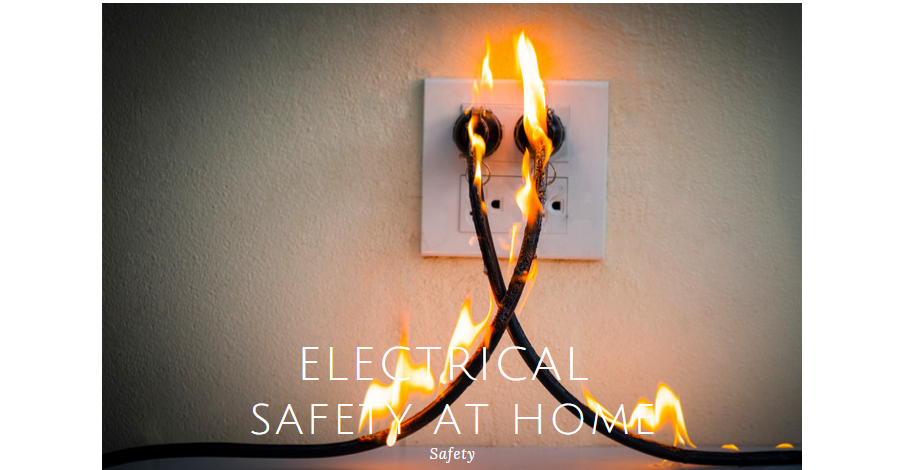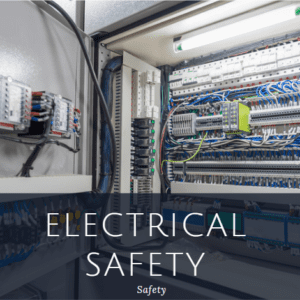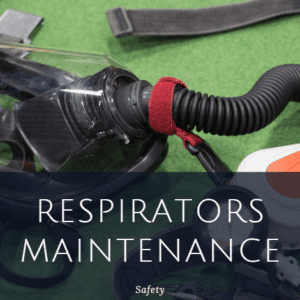
Touching a live wire typically causes an electrical current to zap the victim. This leads to electrocutions.
The complications associated with this disease are often fatal if left untreated.
Electrical hazards pose a known risk to the public, which is why electricians must receive safety training from their state. When dealing with an emergency situation, consider these tips.
Electrical appliances, tools and machines all possess dangerous side effects.
Electricity safety can be achieved by considering the risks.
Electrical hazards come in three varieties.
Current overload causes a fire or explosion.
Second, electricity arcs through the body, damaging the outermost layers.
Electricity insulation causes skin damage and burns through the outer layers of the body.
Electrical devices pose specific hazards; this includes ovens and dryers.
Working with electricity requires wearing gloves to avoid electrocution.
Working in a wet or snowy environment can damage your work equipment, so avoid this by working in a covered area. Additionally, wearing boots and an apron can reduce the risk of electrocution.
Rain can cause electric wires to become wet and electrically charged, which can shock someone if they’re working near it.
Electrocution is less likely if you ever find yourself in an area with a lot of electricity. Some things you can do to decrease your chances are listed below.
Avoid contact with live current as much as possible.
Touching metal grounded objects stops electrical shocks from affecting the player. Additionally, insulating your hands prevents electricity from shocking you. Additionally, avoid touching anything that is metal unless it has been grounded.
Avoid insulated objects like trees, as they can shock you if you get stuck between them.
What is DDS and why is it important?
to be aware of more information
People in danger situations should avoid performing certain tasks to reduce their chances of death or injury from an electric shock.
People who fell into water discover shock collars connected to shorelines used for electricity distribution or generation.
Electric current can travel through or come into contact with damaged power lines. This typically happens when people touch a power line or pass through one. Because of this, these injured lines can discharge high voltages of electricity.
Transformers can produce high amounts of electrical power at once. Anyone in the vicinity can be electrocuted without warning by accident.
Safety Talks provides information on protective headgear.
Electrical safety at home is vital.
When working with electricity, keep safety in mind — especially when working with dangerous electrical hazards such as current overload or arcing.
When handling live wires, always wear gloves when possible. Stay away from grounded objects and insulated objects when handling electricity. Furthermore, know the signs of a dangerous electrical situation and what to do if one occurs. It’s important to understand how dangerous electricity can be when not used responsibly!
Before beginning a new job task, employees must take mandatory safety talks. These lessons ensure proper HSE management.
The generic Safety Talks must be adapted to each work front’s reality by professionals in the HSE — including Environment, Health and Safety professionals — or their sector leaders. These talks are intended to demonstrate the theoretical service front. Performing Safety Talks on work assignments is the responsibility of the person assigned to this duty!




0 Comentários